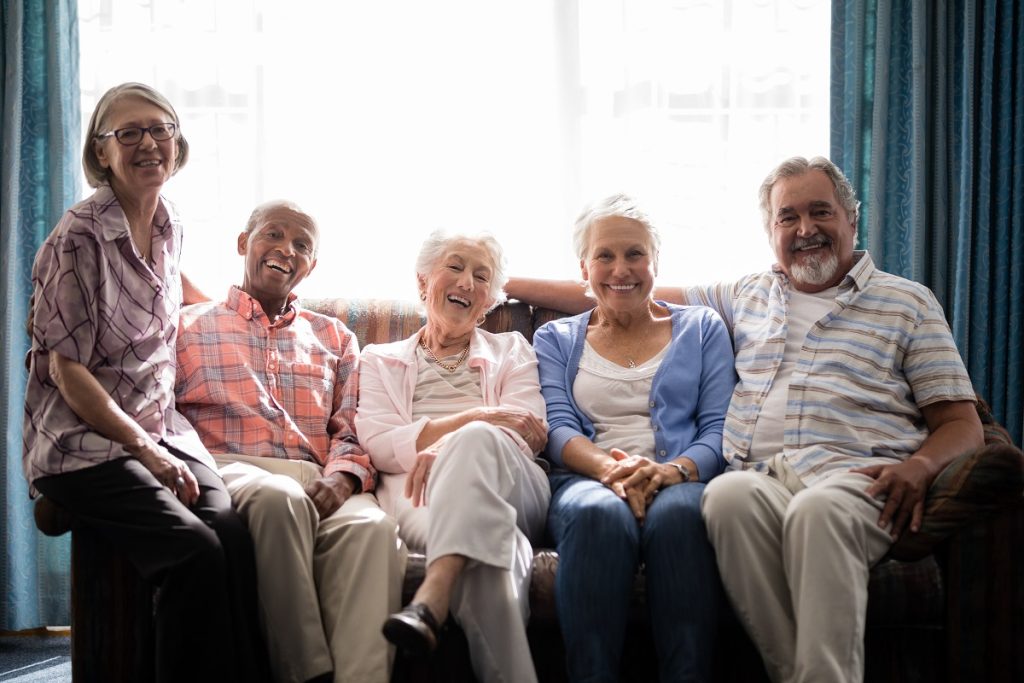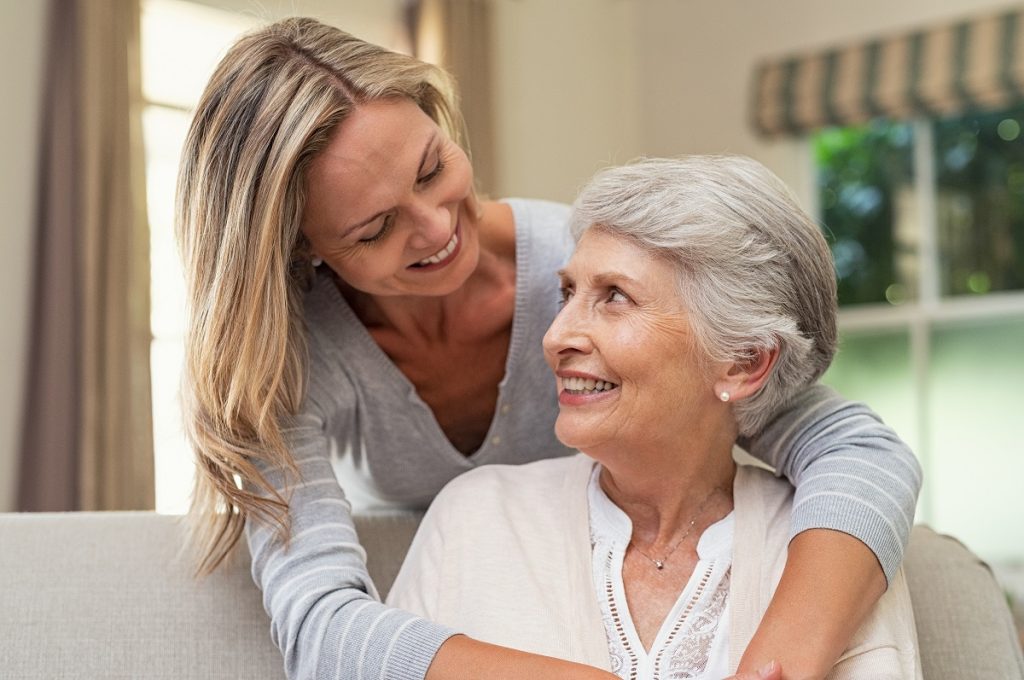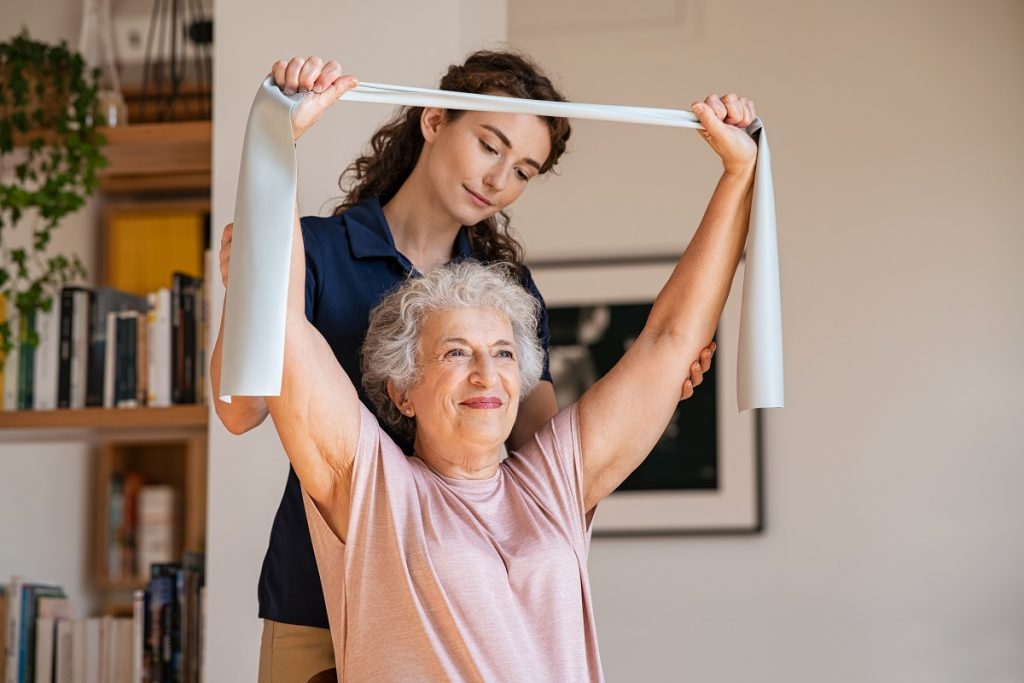- Caregiving for seniors is a journey of compassion, patience, and continuous growth.
- The role of senior home caregivers has evolved to include responsibilities like a nutritionist, counselor, tech navigator, and health monitor.
- Staying updated on technological advancements is crucial for improving seniors’ quality of care and safety.
- Advanced skills acquisition, such as enrolling in an advanced first aid training program, is necessary for effective emergency response.
Caring for the elderly goes beyond routine tasks. It’s a journey of compassion, patience, and continuous growth, allowing you to provide the best support for those in your care. Understanding the concept of lifelong learning becomes your stepping stone into this enriching path. Whether it’s mastering the nuances of emotional support or enrolling in an advanced first-aid training program, every new skill you acquire significantly enhances the quality of care you offer.
The Evolving Role of Senior Home Caregivers

Have you noticed how your responsibilities as a caregiver have evolved over the years? Initially, you might have focused on basic help and companionship. Now, your role encompasses being a nutritionist, a counselor, a tech navigator, and even a health monitor. The seniors in your care now face more complex health issues, some intertwined with the challenges of advanced age, like dementia or mobility loss.
Adapting to Technological Advancements in Care
Staying abreast of technological advancements is no longer optional but necessary. New apps and devices can help monitor health vitals, manage medication schedules, and connect seniors with their loved ones. These aren’t just conveniences; they’re tools that safeguard health and improve quality of life.
Imagine simplifying daily tasks, reducing error margins in medication management, or quickly reaching relatives with a video call during a critical moment. Your willingness to learn and adapt to these technological changes doesn’t just upgrade your skill set; it opens new avenues for comfort, security, and happiness for the seniors you tend to every day.
Importance of Advanced Skills Acquisition
As you navigate the intricate world of caregiving, you’ll realize that having advanced skills isn’t a luxury but often a requirement. The landscape of senior care is such that emergencies don’t give prior notice. Your ability to respond effectively can make a difference, potentially saving a life. That’s where programs like advanced first aid training become a cornerstone of your professional development.
Enhancing Emergency Response Through Training
What does it mean to enhance your emergency response? It’s the difference between panic and calm during a crisis. An advanced first-aid training program provides you with the knowledge that turns you into a pillar of support during critical moments. You learn more than just the basics; you understand the nuances of providing first aid in various scenarios specific to senior care.
This training empowers you. Suddenly, you’re not frozen by the fear of doing something wrong; instead, you’re moving forward with the assurance that you’re doing everything right and everything you can. Your confidence can also comfort the senior in your care, making the situation more manageable for everyone involved.
Legal and Ethical Knowledge in Senior Care
Beyond the physical aspect of care, you also venture into a space filled with legal guidelines and ethical considerations. Here, ignorance isn’t bliss. It’s a risk to you and the person in your care. Lifelong learning in legalities and ethics safeguards you from potential legal issues. It ensures you’re always respecting the rights and preferences of seniors, all while providing the highest standard of care.
Personal and Professional Growth for Caregivers
Your journey doesn’t stop at acquiring technical skills or understanding legal frameworks. Personal and professional growth in caregiving includes emotional intelligence, communication, and psychological resilience. Each step forward in this aspect of development doesn’t just amplify the quality of care you provide and shapes you into a more well-rounded individual.
When you communicate effectively, you’re not just exchanging information; you’re building trust and perhaps even forming an emotional bond with the seniors in your care. This trust isn’t one-sided; it nurtures your confidence, assuring you that your support and presence make a difference.
Building Stronger Relationships with Seniors

Delving into the art of relationship-building, you discover it’s not merely about addressing the needs of those in your care. It’s about actively listening, empathizing, and responding with compassion. It’s about recognizing the non-verbal cues, understanding the unspoken words, and being the comforting presence that wards off the loneliness that seniors often face.
The Bottomline
In embracing lifelong learning, you’re not just committing to a standard; you’re elevating every aspect of your invaluable service as a senior home caregiver. From the life-saving protocols of an advanced first aid training program to the subtle art of heartfelt communication, every lesson enriches your role. You’re not just a caregiver; you’re a lifeline, a listener, and a beacon of reassurance.
